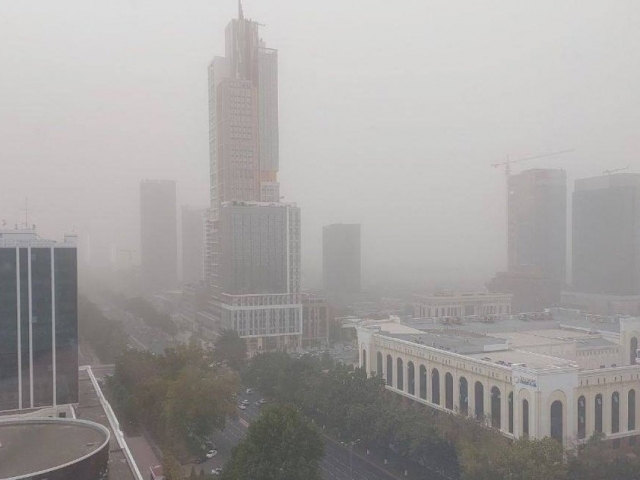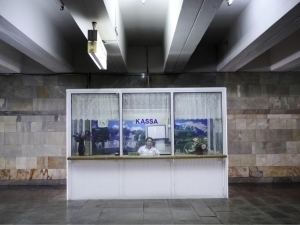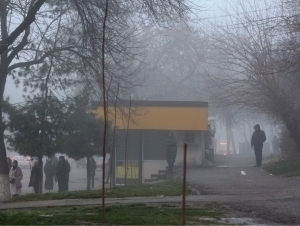Prosecutor General's Office launches investigation into enterprises contributing to air pollution in Tashkent
Local
−
24 October 2024 5040 2 minutes
The Prosecutor General's Office has initiated an investigation into enterprises contributing to air pollution in Tashkent, following concerns about rising pollution levels in the city. The investigation, which began on October 22, will encompass scheduled inspections across the country, as announced by the office.
According to the statement, air pollution in Tashkent is influenced by natural factors such as a dry climate, sandy and loamy soils, as well as by human activities. These include climate change, increased emissions from industry and motor vehicles, illegal tree cutting despite an existing moratorium, and rapid construction projects executed without adherence to approved urban development master plans. Given these issues, the Prosecutor General’s Office has prioritized efforts to reduce harmful emissions and improve air quality, launching nationwide inspection measures.
The investigation focuses on the installation of modern dust and gas filtration equipment, set as a requirement for high-impact industrial enterprises (categories I and II) starting in 2024. In the Tashkent region, 19 out of 27 enterprises have adopted this equipment, while in Tashkent city, only 8 out of 31 enterprises have complied.
The Prosecutor General's Office, in collaboration with experts from the Ministry of Ecology, Ministry of Health, Ministry of Transport, and other relevant agencies, has initiated direct investigations in Tashkent city and region. Specialists from the Hydrometeorological Service Agency, the Construction Inspection, and the Ministry of Emergency Situations are also involved in this effort.
The office emphasized that any violations of environmental regulations discovered during the investigation will be addressed with strict and uncompromising measures. Ensuring compliance with the law remains a priority.
Earlier reports highlighted a significant increase in PM2.5 particles in Tashkent, with levels exceeding the World Health Organization's recommended limits by almost 11 times. The capital was ranked 6th among major global cities in terms of air pollution.
Live
All




